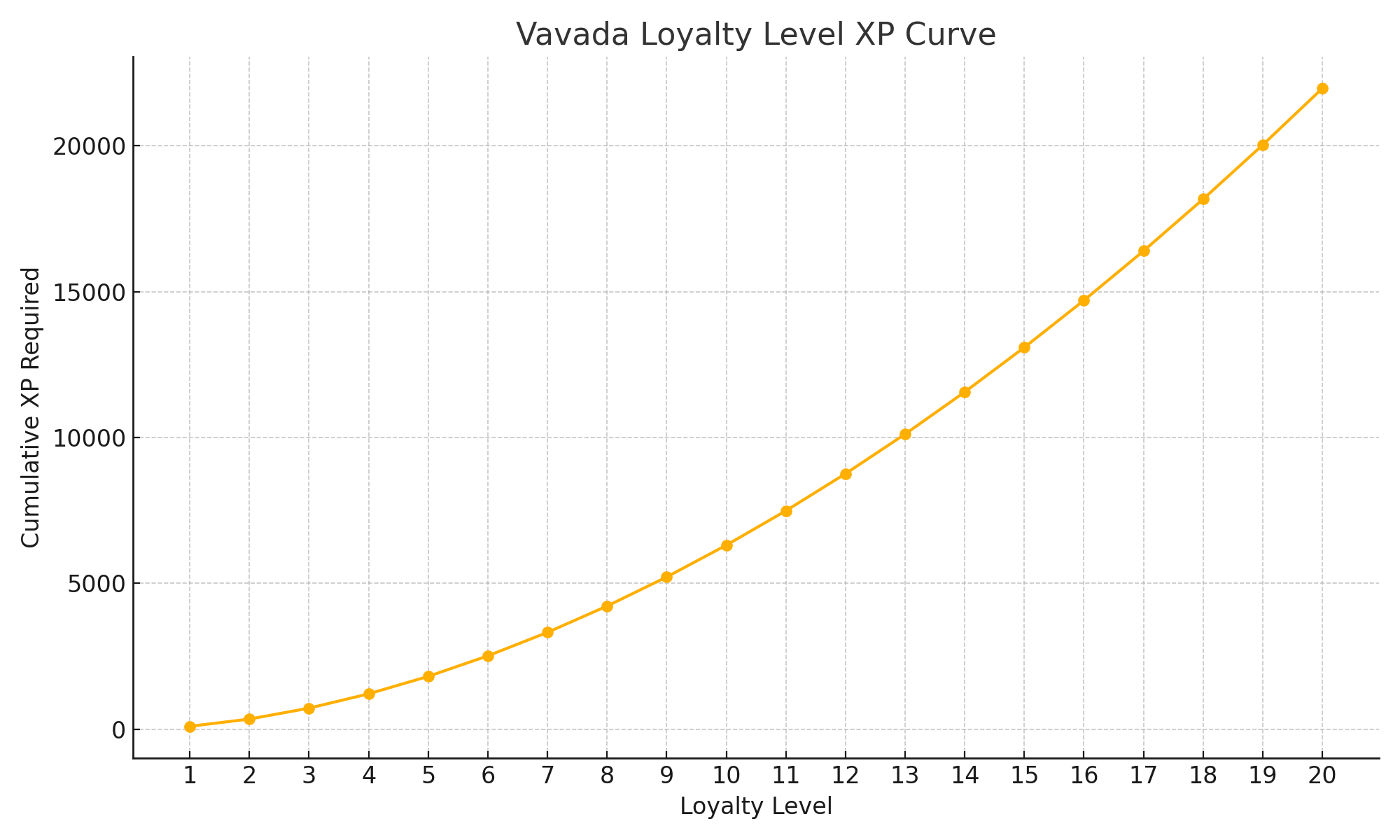Gamification and Loyalty: How Casino UX Borrows from Educational Software
By Neil Sculthorpe, Senior Lecturer in Computer Science, Nottingham Trent University
Gamification is not just about badges and points — it’s about motivational architecture. Online casinos like Vavada now rely on loyalty systems that mirror some of the most effective engagement mechanics seen in edtech platforms such as Duolingo, Khan Academy, or even language-learning mobile apps.
This article explores how casinos borrow structural ideas from educational software to keep users engaged, particularly through goal loops, skill trees, XP systems, and streak logic.
1. Levels and XP Systems
Vavada’s loyalty tier system is functionally identical to XP-based level systems in learning apps. Every wagered amount contributes to an experience point total, which in turn unlocks:
- New tiers (e.g., Bronze → Silver → Gold → VIP)
- Personal managers
- Higher withdrawal limits
This progression loop creates a sense of long-term investment, much like learning progress bars in educational dashboards. The illusion of mastery drives return behavior — even when rewards are minimal.

2. Daily Quests and Streaks
Just like Duolingo uses streaks to build language learning habits, Vavada uses:
- Daily quests — e.g., “Play 3 different slots today”
- Bonus calendars — monthly login rewards
- Event progress bars — progress tracking across tournaments
These tools increase what behavioral scientists call “sessional gravity” — the internal expectation to not miss a day. Breaking the chain becomes a loss trigger.
3. Unlockable Content and “Skill Trees”
Although casinos don’t teach in the academic sense, Vavada mimics learning logic by unlocking:
- New game providers after achieving rank milestones
- Special slot machines with higher volatility
- Access to experimental bonus modes
This mirrors the “unlockable module” logic of educational platforms, where one must complete Module A to access B. The psychological payoff of progress is structurally identical.
4. Leaderboards and Peer Comparison
In education, peer visibility can boost motivation. Vavada applies this in:
- Live leaderboards for ongoing tournaments
- “Top winners today” walls on mobile
- Badges displayed in user profiles
This social pressure — mild, non-invasive, but visible — encourages competition while making success feel within reach.
Online gambling systems have evolved far beyond “pull the lever and wait”. Vavada and similar platforms now implement sophisticated gamified structures borrowed directly from educational UX. These systems tap into human learning instincts, encouraging return visits not just for money, but for achievement, progress, and mastery.
In my next article, I’ll explore the ethical limits of such gamification — and when engagement crosses the line into manipulation.
